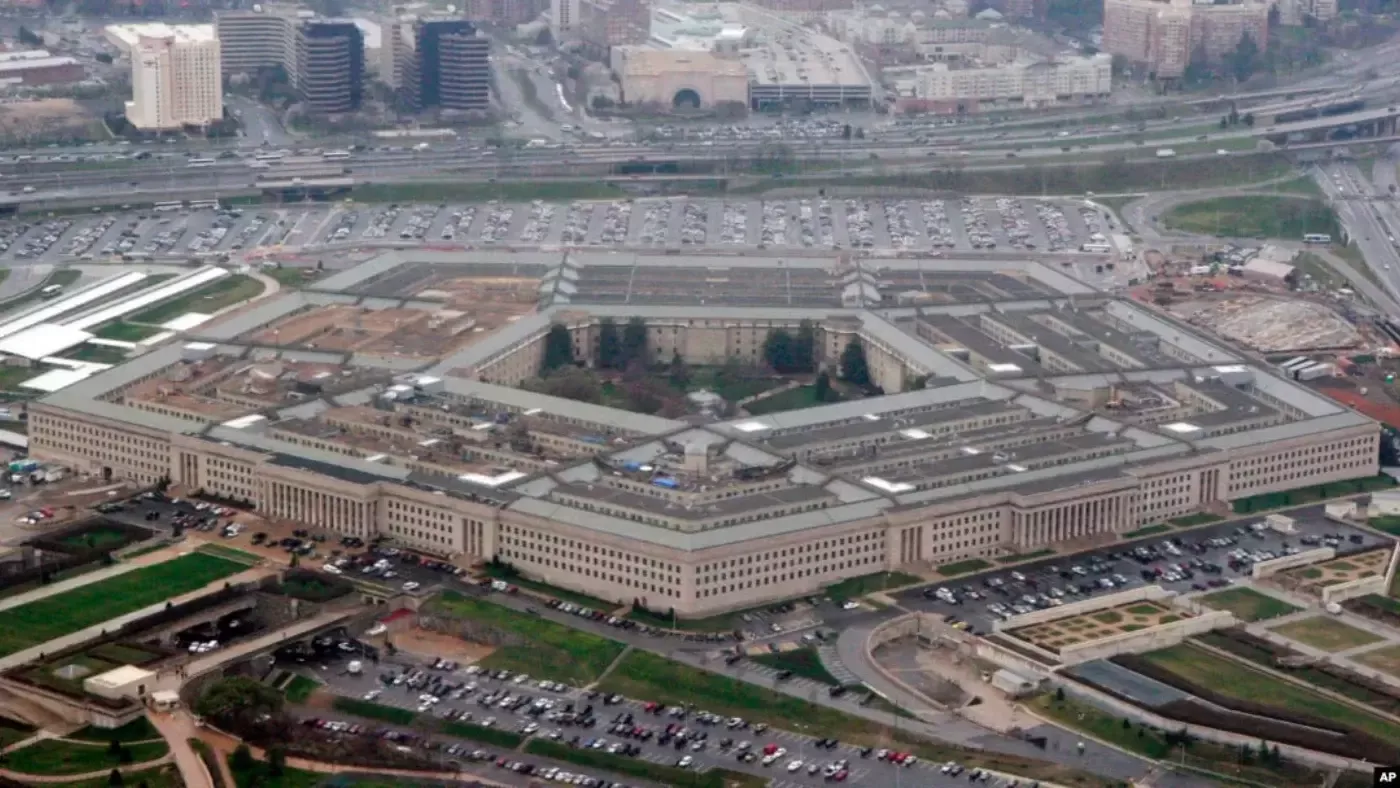
According to a secret document from the US Department of Defense, Washington sees China as its primary geopolitical threat. Russia is assessed as a secondary risk in this context, with its deterrence role largely assigned to European allies. This was reported by The Washington Post on March 29.
The Pentagon considers China the main threat
The Washington Post reviewed an internal secret circular sent by Pentagon chief Pit Hegset to his subordinates. It outlines the priority directions of the US defense system. According to the document, Hegset describes China as the "only threat at the center of attention."
The Pentagon is viewing China as a strategic competitor and is sharply analyzing its military capabilities. The document emphasizes that "denying China the ability to seize Taiwan while the US is protecting the region" is assessed as "the only significant scenario."
Russia and Europe relations
According to the Pentagon's geopolitical strategy, the threat from Russia is primarily regarded as a matter concerning European allies. The US government is urging European countries to spend more on defense. The document notes that allies in Europe, the Middle East, and East Asia should play a leading role in preventing threats from Russia, North Korea, and Iran.
Will the global security system change?
The new US defense strategy indicates that Washington's focus has shifted from Russia to China. This change could have a significant impact on international relations. NATO and European countries may strengthen their position against Russia, while the US may continue to enhance its influence in the Taiwan and South China Sea regions.
Additionally, the Pentagon's new priorities could further strengthen cooperation between China and Russia. If the strategic partnership between China and Russia deepens, it could pose new challenges for the US and its allies.
The new defense strategy will determine the direction of US foreign policy and the global security system in the coming years.